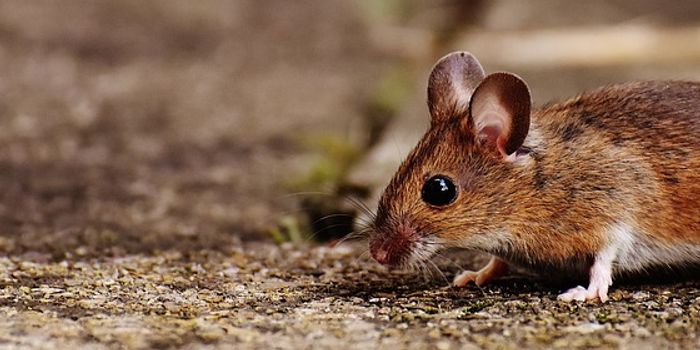Fruit Flies Avoid the Scent of Predators
Fruit flies can be particularly annoying, especially when one finds its way into your home and begins buzzing in circles around you. To make matters worse, you can open a window to let the insect out and it’ll appear to fly anywhere but to the opened window. To that end, it may not as much of a surprise that some regard fruit flies as unintelligent creatures. But are they?
Image Credit: Pixabay
New research published just this past week in the journal Scientific Reports details a rather notable instinctual mechanism that suggests fruit flies could be a lot more intelligent than we give them credit for. As it would seem, the insects know the scents of potential predators all too well, and the presence of these scents appears to have an impact on the insects’ natural behaviors.
Related: The science behind fruit flies
In testing, Queensland fruit flies were exposed to different scents that could be attributed to known predators, including three distinct types of spiders and one ant. Each time the fruit flies were exposed, the researchers attempted to observe essential life-supporting activities in the insects including any changes in movement, foraging behavior, egg-laying frequency, and mating.
Worthy of note, the researchers found that the introduction of a predator’s scent cause a significant reduction in these behaviors in the Queensland fruit flies, even when they hadn’t been exposed to predators prior to the experiments. The findings indicate that Queensland fruit flies have a keen sense of smell that can sniff out potential danger and keep the insects on high alert.
"Each of these activities is essential for insect survival and so the impact of the olfactory cues is noteworthy," explained Macquarie University’s Vivek Kempraj, the paper’s lead author. "The flies used in our experiments had never previously been exposed to predators, which suggests that the behavior responses must be innate rather than learned."
Related: Ever wonder why fruit flies are attracted to the scent of rotting fruit?
So why is all of this important? According to Kempraj, the findings could serve as a means of suppressing the Queensland fruit fly, which is considered a pest insect for the vast amounts of damage it inflicts on local food-yielding crops.
The study marks the first time that olfaction alone has influenced any fly’s behavior, and it will unquestionably open the door to similar research with other insects later down the road. It will be interesting to see if those studies yield similar results.
Source: Macquarie University, Scientific Reports









